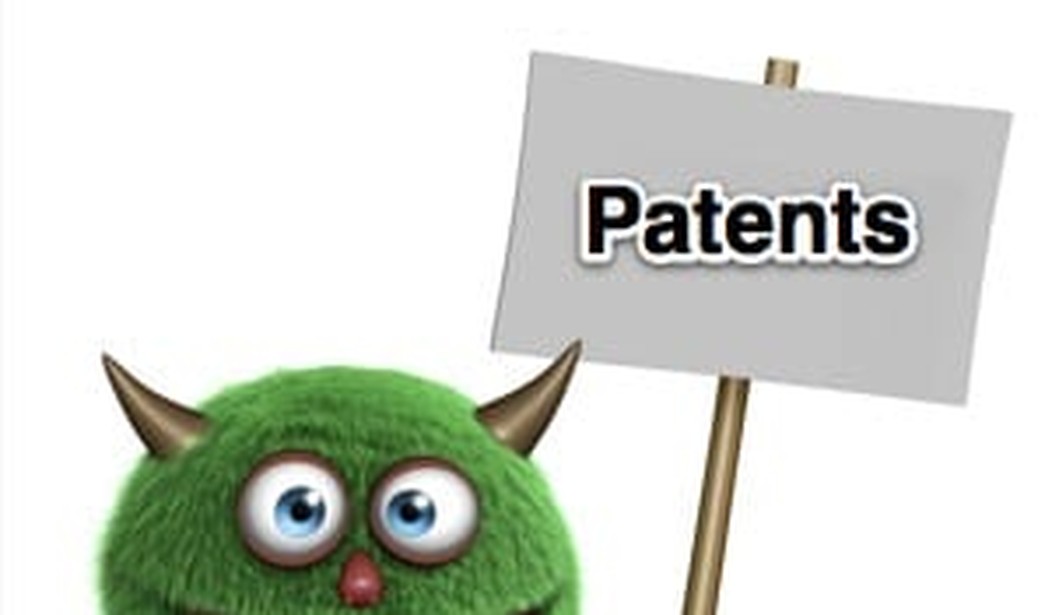WASHINGTON – Inventors from across the nation cautioned lawmakers last week that a patent reform bill could hurt innovation, economic growth, and job creation.
In a briefing at the Russell Senate Office Building, a diverse group of inventors called for the interests and concerns of small inventors to be taken into consideration as the debate over patent reform reaches its final stages in the Senate.
“We’re not obstructionist, we’re not here to chain ourselves to the Senate building, we’re here to help in the process,” said Louis Foreman, CEO of patent licensing firm Edison Nation, which hosted the fly-in along with the Alliance of U.S. Startups and Inventors for Jobs (USIJ) and Entrepreneurs for Growth. “We want to make sure that whatever happens to this process that independent inventors become part of the solution, and they don’t become part of the collateral damage or unintended consequences.”
The House passed the Innovation Act of 2013 in December. Sens. Patrick Leahy (D-Vt.) and Mike Lee (R-Utah) introduced the Patent Transparency and Improvement Act of 2013 in November. Both bills would crack down on abusive patent litigation.
The Senate Judiciary Committee had hoped to mark up the patent reform bill this week, but it was delayed for the fourth time.
“I have talked to many senators on both sides, and because I want to be sure everyone is comfortable with how these pieces fit together, I will circulate a manager’s package the day we return from recess, and the Judiciary Committee will consider that legislation the first week we are back,” Leahy said Wednesday. Congress left for Spring Break today.
The group of inventors said they were concerned that this bill meant a “slippery slope” for the U.S. patent system and “that there’s no turning back” once patent reform legislation passes both chambers of Congress.
“When you start watering down the value of a patent, and when you institute all of these procedural processes that slow down the ability to recognize the true inventor and to seek justice, you’re eliminating the incentive that we all took to create in the first place,” Foreman said.
He said the legislation would discourage invention and “seriously undermine the ability for start-ups to raise capital.”
Many inventors cannot bring their invention to market themselves, so selling the patent may be the only way for them to make money.
“The ability to protect something gives me the incentive to go out and risk dollars to hire people and to create,” Foreman said. “If we can’t generate some form of economic return for our activities, then the incentive isn’t there for us to create at all.”
A patent troll, also known less derisively as non-practicing entities (NPEs), will use a weak or overly broad patent not to build or improve an invention, but to threaten businesses with infringement lawsuits to extort a settlement as an alternative to an expensive litigation process.
According to a 2013 American Intellectual Property Law Survey, median litigation costs are $3.3 million when $10 million to $25 million is at stake. Discovery – the process of looking for information relevant to the case – is responsible for much of the expense in patent litigation. Defendants usually have to produce and review thousands of documents, while patent trolls – usually shell companies with few employees – often have only the patent.
There are some NPEs, however, that sue to seek compensation for unauthorized uses of valid patents.
Foreman, whose company has developed and filed hundreds of patents, said his firm does not manufacture anything; instead, it focuses entirely on the design and creation of new products and services and licenses them to other companies for production.
“In many respects you can call me an NPE, you can call me a troll. In fact, you can call all of these people at the table trolls because what we realize is that we have a property right, a patent, and we’re not good at manufacturing something. So in many cases, we recognize putting the product in the hands of others who are good at it has the same effect,” he said.
Foreman said most independent inventors see litigation as a “last resort” only to be used as a final recourse if they cannot come to terms with a license.
“Most inventors are trying to monetize their inventions through the right process. There are clearly bad actors in our industry…our concern is that this legislation goes too far, that it sweeps in groups like us, independent inventors who rely on invention for a living, and we’re the collateral damage, we’re the unintended consequences of something that is very far reaching,” Foreman said.
Jim Bower, creator of Whyville, an educational Internet site, said the legislation is likely to “further tilt the playing field so that people like us are at increased disadvantage with respect to people that have large amounts of money and a large number of lawyers.”
Specifically, critics of patent reform argue that current provisions on fee shifting, customer-stay, and heightened pleading standards would disproportionately hurt independent inventors.
Eb Bright, chief operating officer of ExploraMed and board member of USIJ, said any patent reform should aim to strike a balance that discourages abusive patent litigation and encourages innovation.
“Behind all of these companies are venture capitalists and investors, and behind them are limited partners and behind them there are retirement funds or college savings funds,” he said. “And when those people make investment in our companies what they’re relying on is a strong patent deterrent to those who would come in and take an idea once it’s proven it can be done.”









Join the conversation as a VIP Member